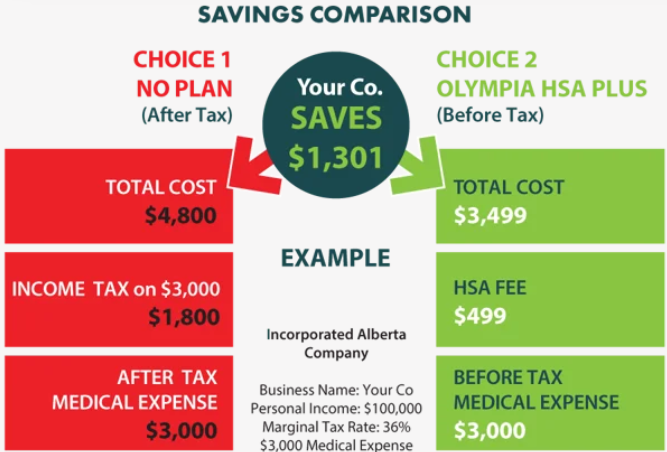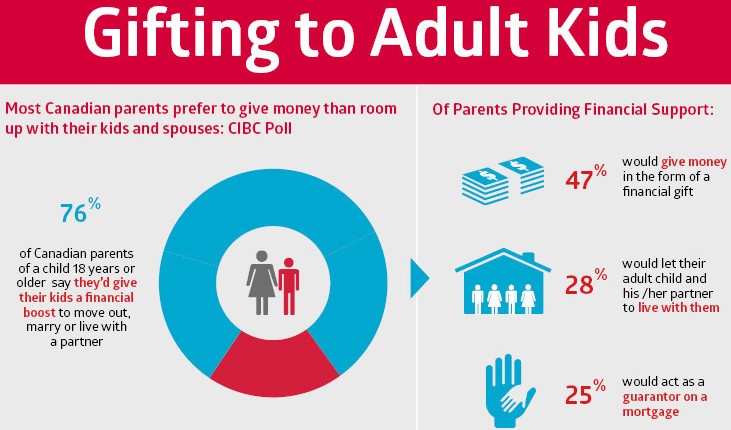
When my 2 sons were dependents (the 90’s and 2000’s), the 2 largest family health expenses my wife and I had to face were the cost of braces for our 2 sons. More recently, the majority of our medical costs have switched to me, those all being for dental. Implants are over $3,500 each, and I’ve had more than 1 (my dentist has asked if I chew on rocks. Funny guy). Having to pay the full shot to me is more painful than the dental work itself. Of course, dental isn’t the only thing we’ve had to pay. New eye glasses every few years, along with prescriptions and physio.
Like I said, if you pay these personally, you get a tax credit. However, as a percentage of the dollars spent, the tax savings is relatively small.
Most people see paying their medical expenses personally as the worst option. In reality though, if you are self employed, I’d say it is your 2nd worst option. The worst option is setting up some kind of health insurance plan. Here is why…
With health insurance you pay a monthly “premium” which will go up over time. How much it goes up is dependent on how much the insurance company discovers it is actually paying out. Since everyone paying into the plan will use it during the year, the premiums you are paying will, over time, work out to be approximately 115% of what is actually being paid out for medical expenses. So, in actuality you are paying 115% of the medical costs. If you pay the costs through the company, those insurance premiums are tax deductible, which helps reduce the actual costs.
HSA – as you incur health costs, you submit the bill through your own business (your corp. or sole proprietorship). Your business (or the business you work for) gets a tax deduction for the full amount of the expense. This means, your actual cost is reduced by 20 – 53.5% (that rate depends on how highly your corp is taxed).
So, to summarize, here are the 3 ways you can pay your medical expenses as a small business owner:
Pay Expense Personally – Doing so means you have to take that extra money out of your company, that gets added to your taxable income (~20-50% tax) and then you get a medical tax credit that saves you only a couple of percent on the total medical expenses.
Buy Medical Insurance – Over time, you’ll be paying 115% of the actual cost of the medical expenses so the average cost being paid for the insurance, will actually be higher than the expenses incurred. Also, with insurance, they will have limits on how much you can spend for each kind of medical expense you can come across. This isn’t very helpful if your biggest expense is dental and your bills are much higher than the allotment given to you by the insurance company, for this kind of expense.
Health Services Account (HSA) – Because of the tax savings enjoyed by having these costs 100% tax deductible by the company, the actual costs of the medical expenses are 50 – 80% of what you paid. In other words, if you paid $10,000 in medical expenses in a year (yes, I’ve done that for my dental), you can save up to ~$5,000 in tax. As well, you set the amount that can be used by any one employee and by yourself. If you want to set that limit at $10,000 / year, you can run $10,000 each year of medical expenses through your company and they’ll be 100% tax deductible, saving you thousands each and every year.
How do you set this up and where? I’ve used Olympia Benefits for my own family’s health spending as well as for our employees for over 25 years. You can sign up for the HSA appropriate for you, here.



